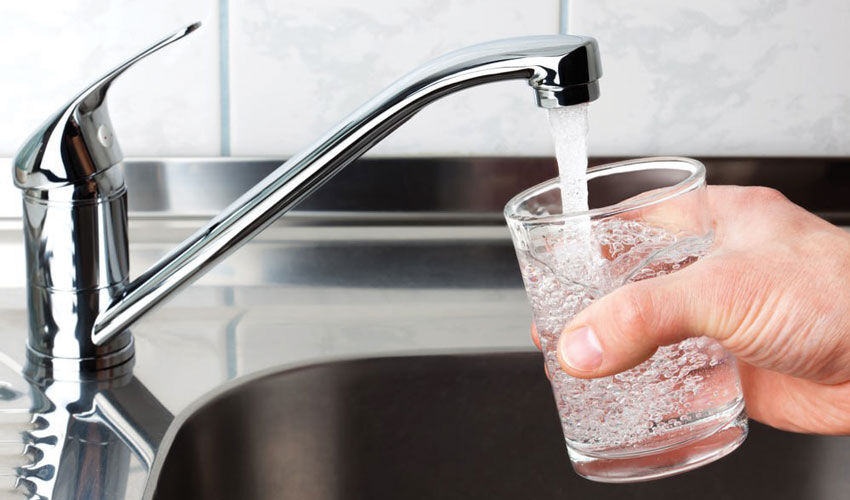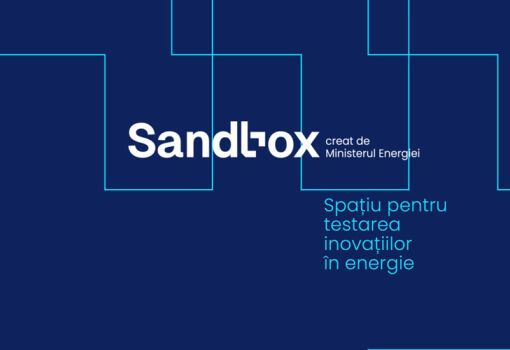
The World Bank’s assessment of water security and its prospects has shown that Moldova faces a number of challenges in this area. Compared to other countries in the Danube region, Moldova continues to have a low proportion of the population with access to basic water and sanitation services. The urban-rural divide remains one of the largest in Europe and exacerbates the country’s water security problem. There are also inadequate quality of water supply in small towns and low efficiency of service providers, poor environmental conditions and pollution due to lack of wastewater collection and treatment sanitation, weak institutions, fragmented funding streams, etc.
The World Bank assessment study and other reports on the sector, including those of the Court of Accounts, have noted the lack of involvement of institutions responsible for managing water and wastewater services.
In response to these challenges, the development objective of the Water Security and Sanitation in Moldova project was defined as increasing access to safely managed water supply and sanitation services in selected rural areas and cities, and strengthening institutional capacity in the field of water supply and sanitation.
In order to improve the efficiency of national authorities’ intervention in the process of water supply and sanitation services management, the Water Security and Wastewater Management in Moldova project proposed to develop an Information System “Management of Water Supply and Wastewater Services”, which will facilitate operators’ performance reporting and contribute to improving the quality of services provided.
The new system will be managed by the National Energy Regulatory Agency (ANRE) in cooperation with local authorities and will allow real-time monitoring of operators’ activities, water quality assessment, automated reporting and efficient planning of infrastructure investments.
The services are expected to become safer, more transparent and more accessible, especially in rural areas, thus reducing inequalities and improving the efficiency of responsible institutions.

